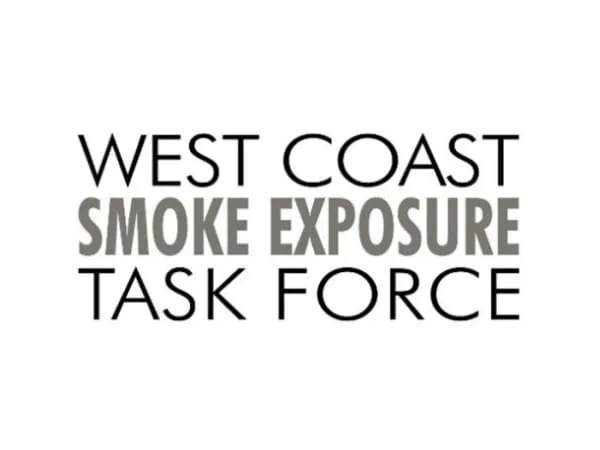Cardiac arrests are bad for business, unless your business is for-profit ambulancing, or… erm, no, that’s about it. They’re certainly not good for Panera’s business. Over the past few months, the fast-casual chain has found itself on the receiving end of a couple wrongful-death lawsuits related to its line of “Charged Sips” — flavored lemonades that filing attorneys allege were insufficiently labeled as potent caffeinated beverages, resulting in the fatal heart attacks of their respective clients.
Panera has revised the formula of the colorful, caffeinated drinks, and affixed impossible-to-miss labels highlighting their caffeine content, and has said it “stand[s] behind the safety” of the beverages. The Food and Drug Administration, for its part, announced it was gathering information on the product in October, after the first suit was filed. Your humble Hop Take columnist will leave questions of Charged Lemonade’s legality and culpability to be sorted out by the American justice system. Instead, let’s you and I consider some of the historical context in which this saga unfolds.
Charged Lemonade is a non-alcoholic beverage and, as far as I know, Panera has yet to try to ford the alcohol-by-volume Rubicon with a hard-drink spinoff of any of its popular beverages. But that’s not for lack of precedent. For the past couple of years, brands from all over the consumer packaged goods landscape have rolled out beverage-alcohol line extensions to capitalize on American drinkers’ rising omibibulousness. Fast-casual brands, too: Sonic has a hard seltzer, Bojangles has a hard tea, and Dunkin’






